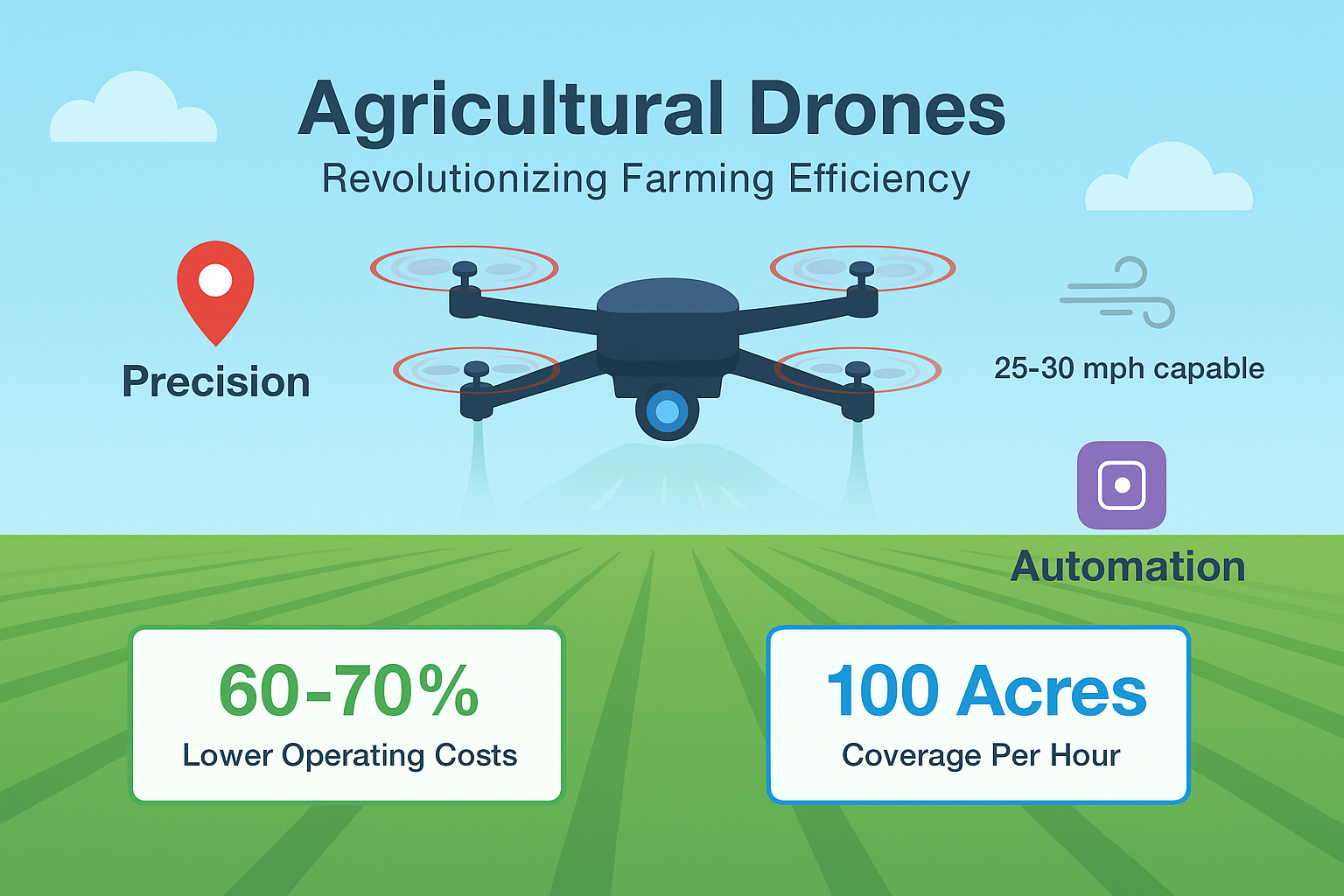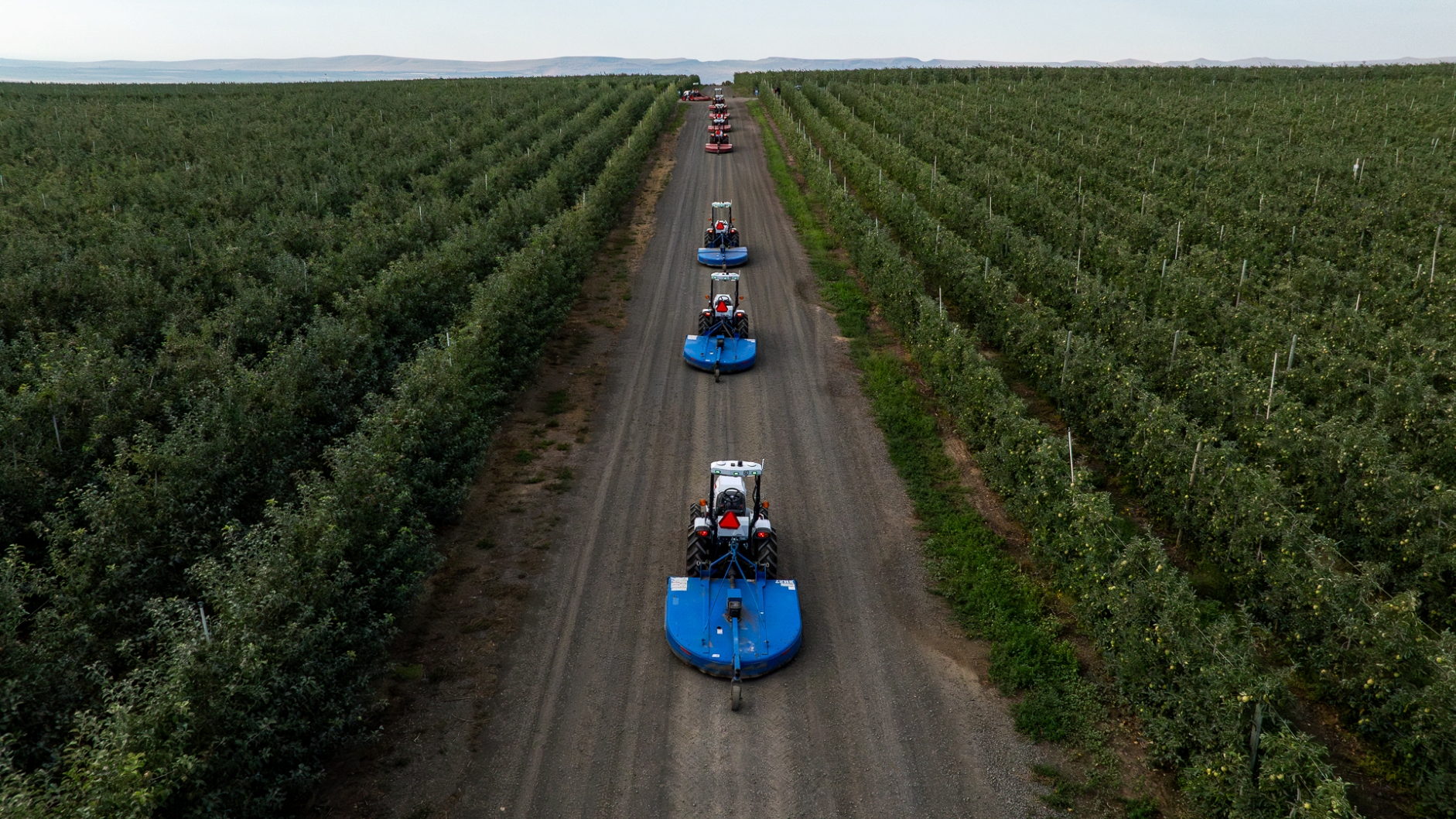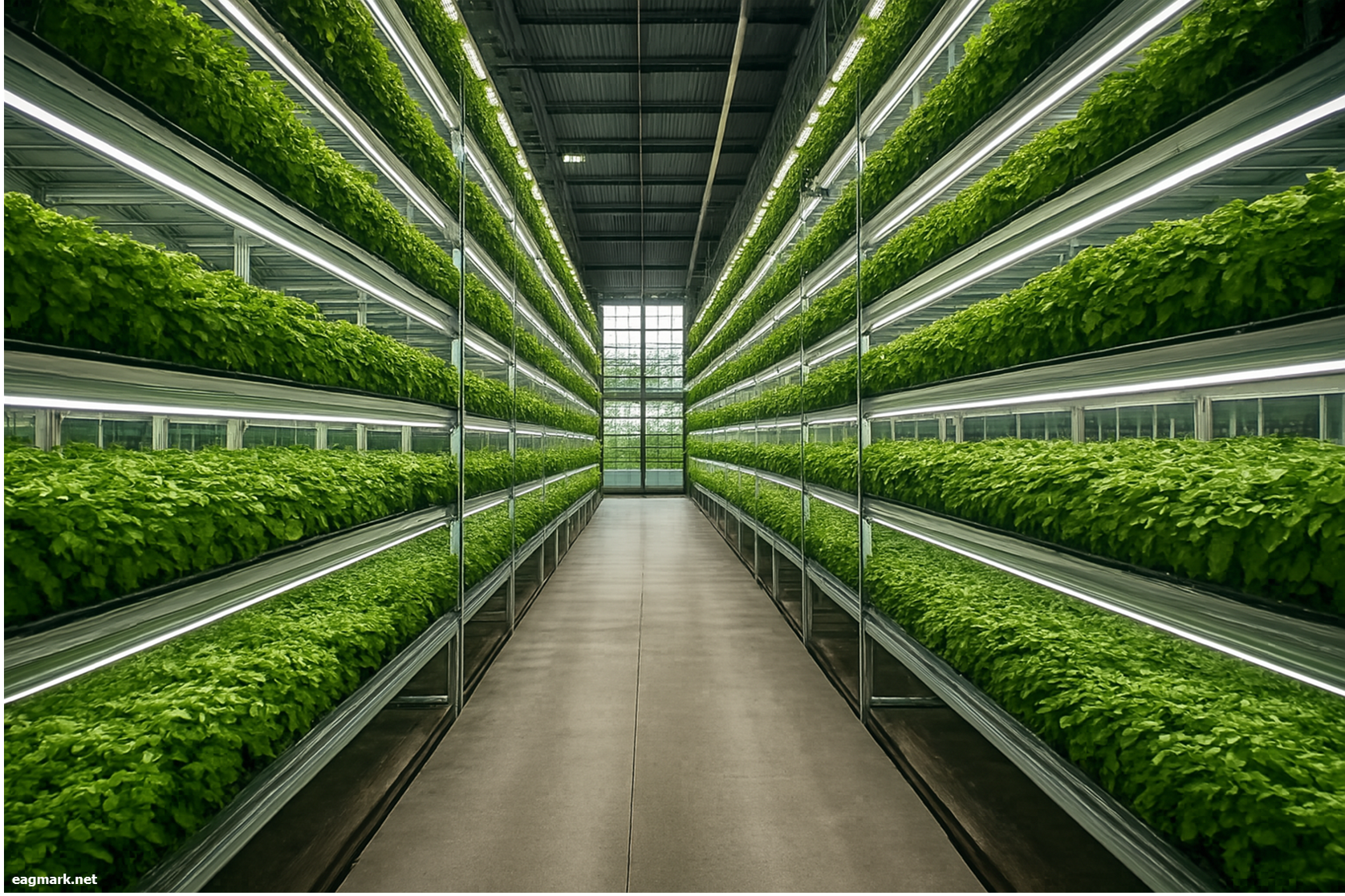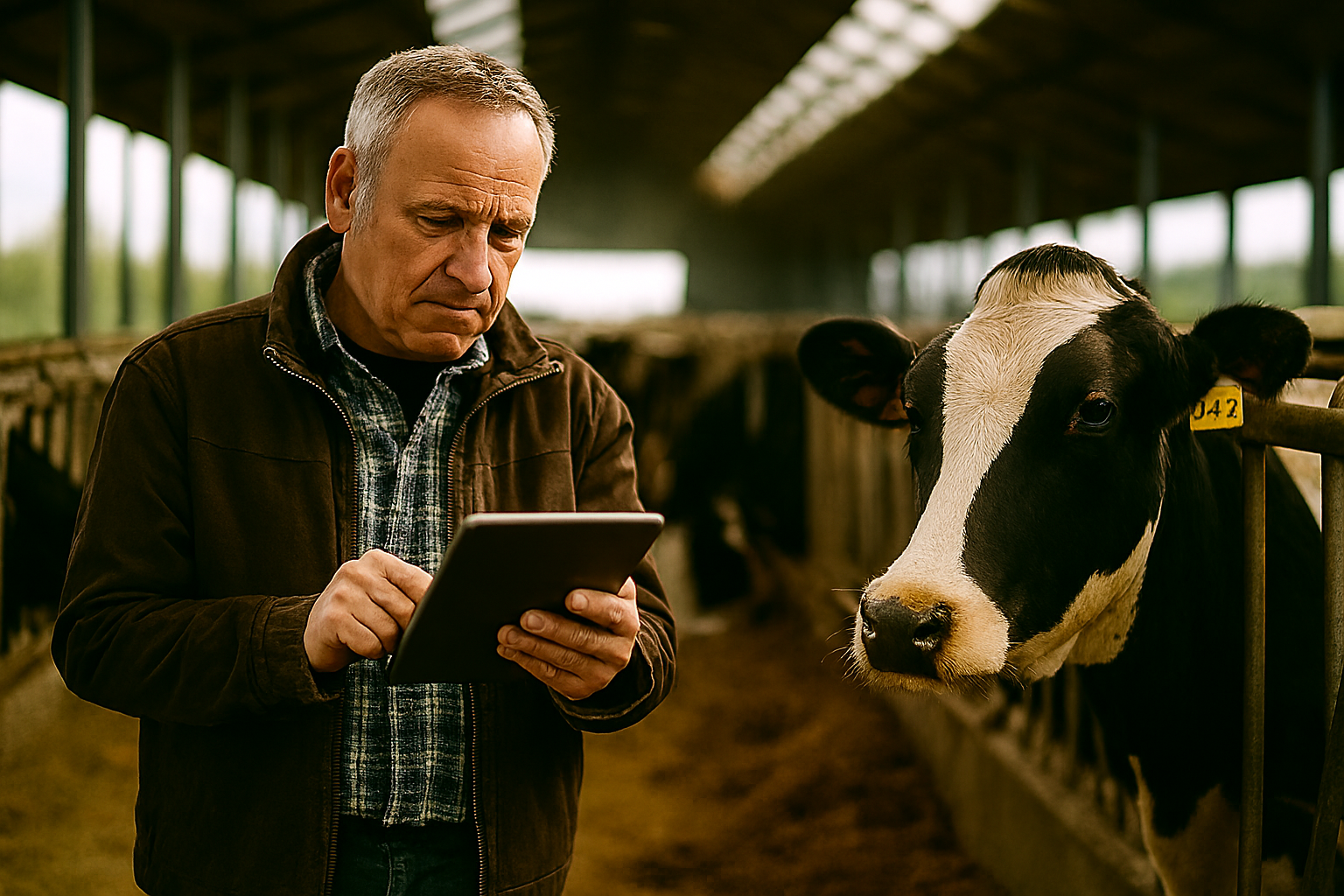
Drones—or unmanned aerial vehicles if you want to get technical—are changing how farmers handle crop treatment and pesticide application. Arthur Erickson, CEO and Co-founder of Hylio, recently sat down with the Ag Tech Talk Podcast to discuss what's happening with agricultural drones. The conversation covered everything from the hurdles the industry faces to where things are headed.
Arthur talked about an early drone delivery project his team ran in Costa Rica, which actually happened before Amazon and Google jumped into the game. While the project proved drones could handle deliveries, making money was another story. Too much bureaucracy, not enough profit. So they pivoted completely to agriculture, where drones showed real promise for crop treatment.
These days, companies like Hylio build and sell crop spraying drones that can handle both liquids and solids—pesticides, seeds, bait, you name it. That flexibility makes them incredibly useful not just in farming but in related industries too.
People worry about regulations, but honestly, the rules for agricultural drones aren't nearly as strict as they are for drones carrying cargo or people over cities. The FAA has been surprisingly reasonable about granting exemptions for farm use, especially in rural areas where there aren't many people around. If you're flying over hundreds of acres of farmland, regulators are generally willing to work with you.
Getting farmers to actually adopt drones has been slower than expected, though. Part of the problem is that farmers are used to massive tractors and sprayers. When they see a drone that only carries 75 liters compared to a 1,000-liter tractor, they're skeptical. But here's what many don't realize: these drones spray a much finer, more penetrative mist. That 75-liter drone can do the same job as the 1,000-liter tractor because the application is more effective. Getting that message across is half the battle.
The economics are compelling once you dig into them. Agricultural drones can cover 100 acres an hour, and they're significantly cheaper than traditional equipment. A high-clearance sprayer runs you $300,000 to $450,000. You can get two of the biggest drones available—like Hylio's Ag272—for about half that price. And operating costs? They drop to 30-40% of what you'd spend with traditional methods because you're burning less fuel and doing less maintenance. Plus, drones can get into tough spots and do precise spot spraying that tractors just can't manage.
Another misconception: people think drones can't handle wind. Modern agricultural drones work fine in winds up to 25-30 miles per hour. Obviously, you don't want to spray in a gale, but they're more resilient than most people assume. The main limitation is heavy fertilizers—traditional equipment still does that job better.
Some farmers buy their own drones, especially larger operations. Others hire service providers who bring drones in to spray smaller farms. It's about a 50-50 split right now.
The industry still has work to do beyond just educating farmers. Regulations need to catch up with the technology and provide clearer guidelines. There's a labor shortage that needs addressing. And in regions with smaller farms and less infrastructure, the industry needs to deliver affordable, durable solutions with good local support.
Looking ahead, drones will keep getting bigger with higher payload capacities—maybe 190-380 liters eventually. But the real game-changer will be automation. Imagine deploying a fleet of drones that can charge themselves, refill, and keep working based on programmed instructions. Minimal human involvement, maximum efficiency.
Agricultural drones have serious potential to reshape farming worldwide. They cut costs, improve precision, and help solve labor problems. There are still challenges—education, regulations, industry consolidation—but progress is happening fast. Drones are proving they belong in modern agriculture.
If you want to learn more about what drones and other tech can do in farming, check out the Precision Agriculture Course. It's a solid resource for anyone wanting to explore this technology further.


